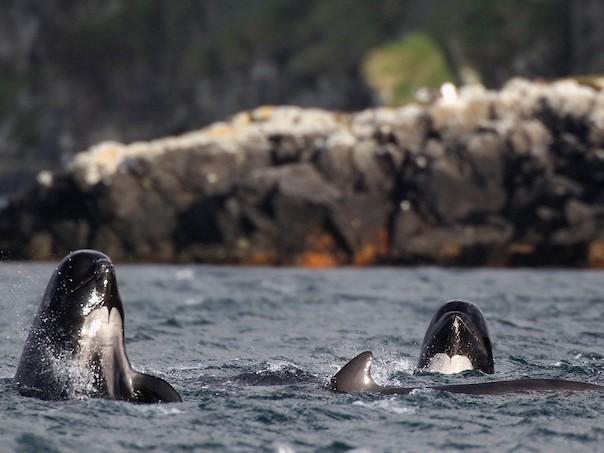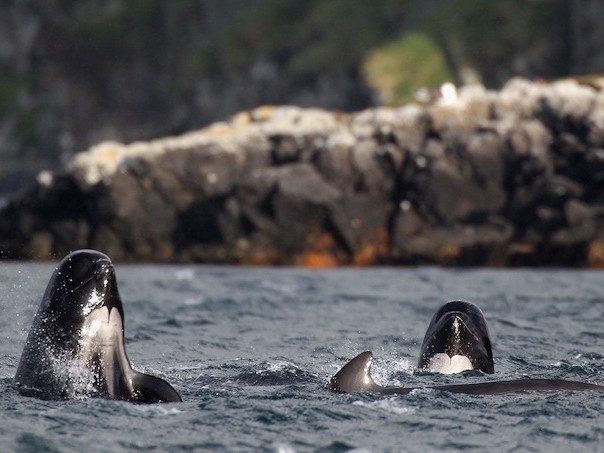Around 80 whales and dolphins died after they stranded themselves on beaches in the Australian state of Tasmania Friday and Saturday.
The majority of the animals that died were pilot whales, which are known to beach themselves, reported the Tasmania-based Examiner newspaper. The animals beached themselves on Tasmania’s New Year and King islands.
Parks and Wildlife King Island chief ranger Shelley Davison told the publication that six dolphins and four whales were still alive when rescuers got there. However, two of the whales then died as rescuers tried to get them back into the water.
“We believed that they may have been there for two nights—given the remote location you don’t always get these things reported,” Davison told the Australia Broadcasting Corporation (“ABC”).
On Friday, 13 whales and dolphins had stranded themselves on nearby King Island, but eight were saved.
“It’s not at all uncommon for some individuals to come back and re-strand after going through such a traumatic, physically traumatic, and I guess psychologically traumatic ordeal,” biologist Rachel Alderman told ABC.
In 2009, some 200 whales and dolphins stranded themselves on King Island.
Guy and Margaret Barnes, locals on King Island, told the Tasmania-based Advocate newspaper that they blame recent seismic activity over the past several days for confusing the whales’ sense of direction.
“The water is reasonably shallow around these islands, so this could make the whales disorientated. Most of them were probably just migrating through and then found themselves unexpectedly in shallow water,” Guy Barnes said.
The cause of the mass beachings is still unclear. Pilot whales are among the most common whales to strand themselves, perhaps due to their strong social bonds.
The Epoch Times publishes in 35 countries and in 19 languages. Subscribe to our e-newsletter.






